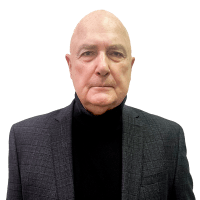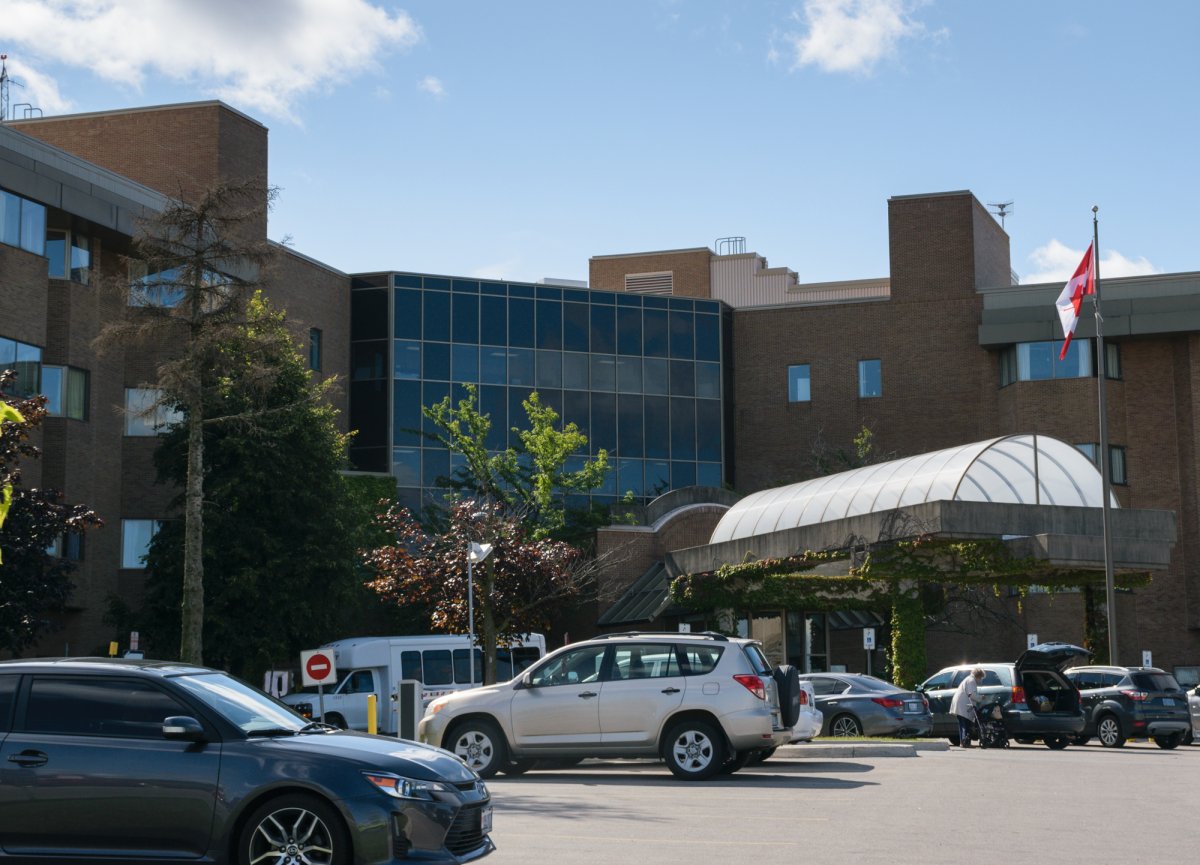Local researchers hope magnetic seizure therapy will bring hope to patients with a severe form of depression, common in those with bipolar disorder, that doesn’t respond to medication.

Magnetic seizure therapy (MST) works similarly to electroconclusive therapy (ECT), and is the gold standard for patients with treatment resistant depression says Dr. Amer Burhan, a researcher with Lawson Health Research Institute and a neuropsychiatrist at St. Joseph’s Health Care London.
But many patients opt out of ECT because of the stigma surrounding therapy and the risk of side effects like disorientation or amnesia.
“With the electricity that we’ve used again from the late 30s, the electric stimulus is delivered on the head and that goes and faces resistance through the skin, through the skull, and then it can get distributed through brain because the fluid the brain is bathed in conducts electricity,” he explained.
The new treatment, available at Parkwood Institute in London, allows doctors to specifically target parts of the brain that deal with depression.

Get breaking National news
“We think it’s a more streamlined process and will reduce some of the unnecessary movement of some of the energy that could be the reason why people are having problems with memory,” said Burhan, noting that electricity in ECT might travel all the way to the brain’s memory centres.
The two kinds of therapy are being compared in a national clinical trial lead by the Centre for Addiction and Mental Health, with treatments being offered at both Parkwood Institute and the University of British Columbia Hospital.
Burhan says MST has already shown as a promising treatment for major depressive disorder or unipolar depression.
Eligible patients with treatment-resistant depression from bipolar disorder will be invited to participate in the trial, and will receive either ECT or MST. Lawson says patients will be offered support throughout the trial, and their outcomes will be compared to study MST’s effectiveness and whether it causes fewer side effects.
Burhan says magnetic seizure therapy, which’ll be delivered under anesthesia in 12 to 20 sessions that are 10-15 minutes long, holds a promise of becoming the new gold standard for treatment-resistant depression.











Comments